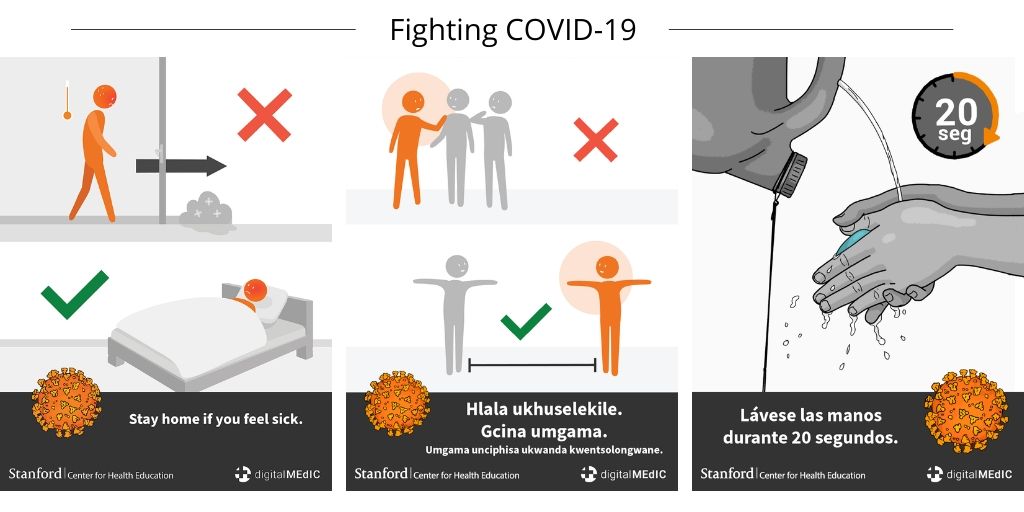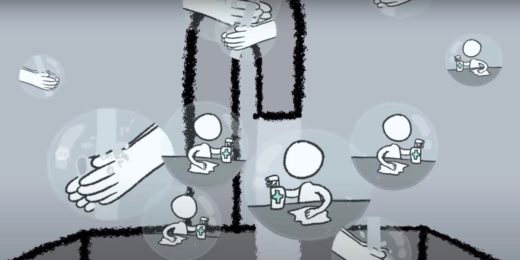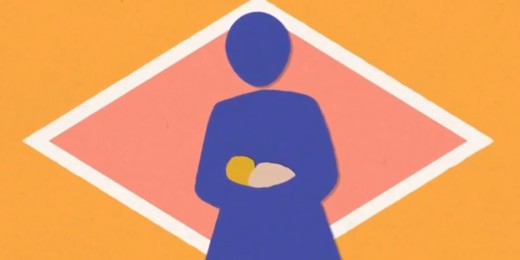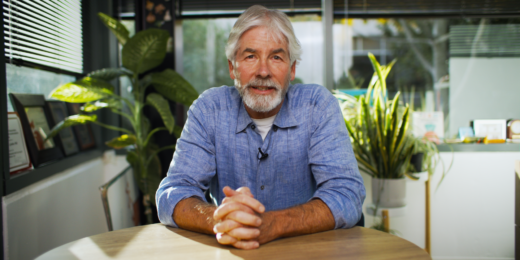In the township of Khayelitsha outside of Cape Town, South Africa, crowded living conditions and a lack of running water render preventive measures for COVID-19 difficult for many.
"The working people live in small shacks made of corrugated iron," said Kwanie Mbewu, a senior program manager for Philani, a non-profit with about 200 community health care workers. "Often 10 people live in one shack."
As the coronavirus continues to spread, getting up-to-date health information to Khayelitsha and other communities with limited medical care and high levels of illiteracy presents a continuing challenge. From across the world, the Stanford Center for Health Education is offering help for this township and others like it.
"Since its start, our center has been focused on delivering health education to underserved places in the United States and around the world," said Charles Prober, MD, the center's founding director. "We made the decision to redeploy our assets, specific to COVID-19, to get to people in these under-resourced communities."
The center creates a variety of health education programs and materials, including easily accessible digital health content from its Digital Medic team. That group has developed videos focused on maternal and child health and preventable diseases -- content designed to be universally relevant and to overcome literacy and language barriers, said Aarti Porwal, managing director of the center.
"We've always been an advocate for the power of online learning and digital tools to reach hard-to-reach populations and to have a broader impact on health globally," she said.
Since the pandemic struck, Digital Medic has produced recordings, videos, infographics and other content on COVID-19 for millions of people in the world's most rural and needy communities. This information -- including prevention strategies and public health messages -- is being delivered as broadly as possible through low-cost channels, such as WhatsApp and interactive voice response systems, Porwal said.
"A lot of people feel helpless right now," Porwal told me. "Education is critical to stop the spread of the pandemic, and our team is well positioned to help make this vital knowledge broadly available."
So far, the team has produced:
- Animated COVID-19 videos. One, released on Stanford Medicine's YouTube channel, attracted 1.2 million viewers within 10 days of its release. It has been used as a teaching tool by organizations around the world, including in Guatemala and Sri Lanka.
- A toolkit consisting of infographics and animated short videos on preventive measures, such as washing hands and social distancing, and on caring for someone with COVID-19. The materials are available for download and dissemination through social media and other channels.
- Information on debunking myths. These audio files and written scripts are designed for easy adaptation and distribution.
Recently, the team also solidified a collaboration with Medic Mobile, a nonprofit that uses open-source software to support health workers globally. The Stanford content will be available to up to 27,000 community health workers through their community health toolkit. Additionally, plans are in the works to share content through the World Health Organization's distribution networks.
In South Africa, through partnerships with Digital Medic, Mbewu and other local contacts have had a role in creating and distributing COVID-19 digital materials tailored to their communities. Community health workers, who can access audio and video content through tablets supplied by Digital Medic, plan to share the information after their shelter-in-place orders lift, and they can make their routine rounds visiting community homes in the townships.
"We try to educate people through our community health workers," Mbewu told me. "These are difficult times. But we have fought through difficult times before. We just need to work together."
Images courtesy of the Stanford Center for Health Education






